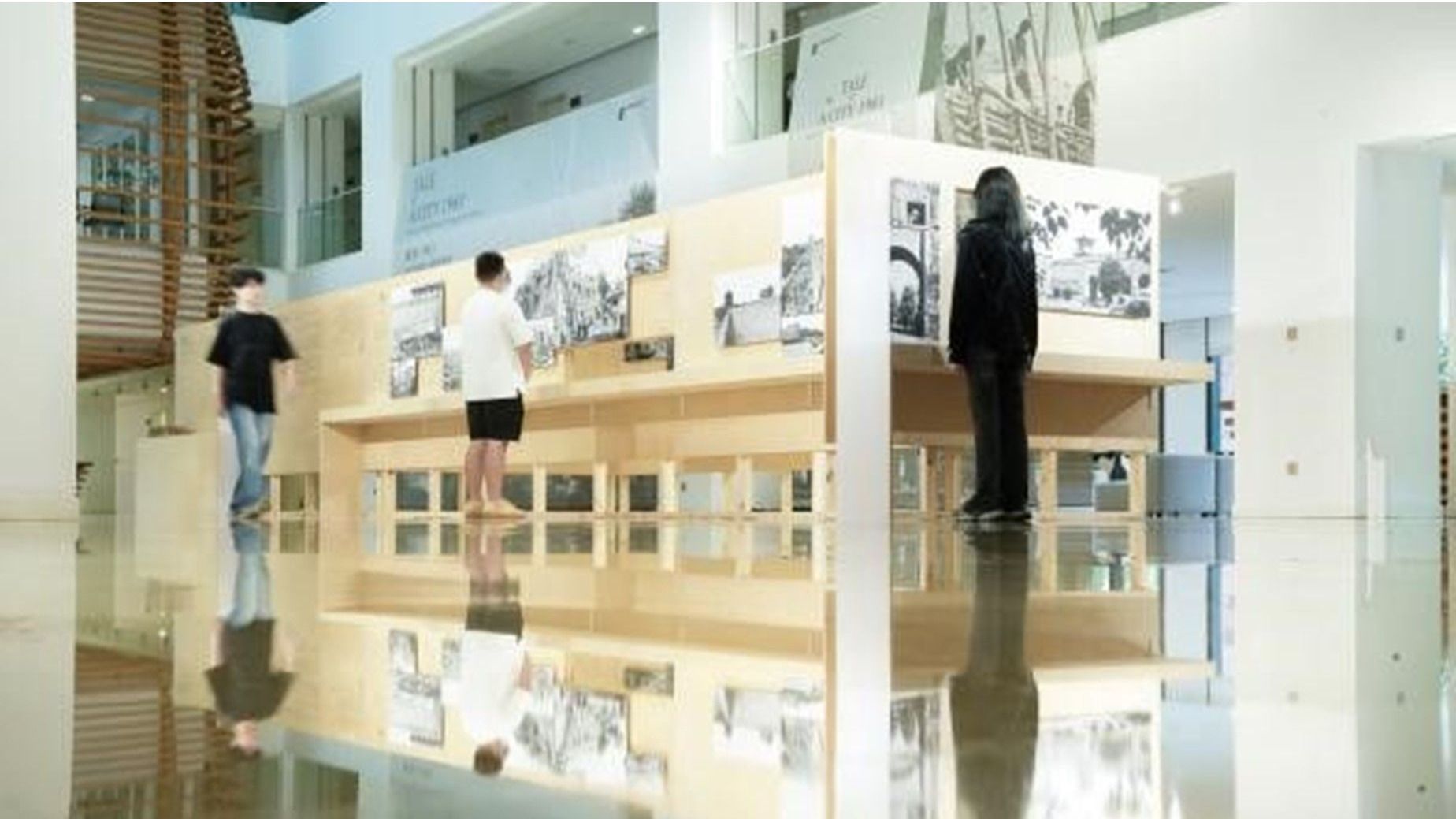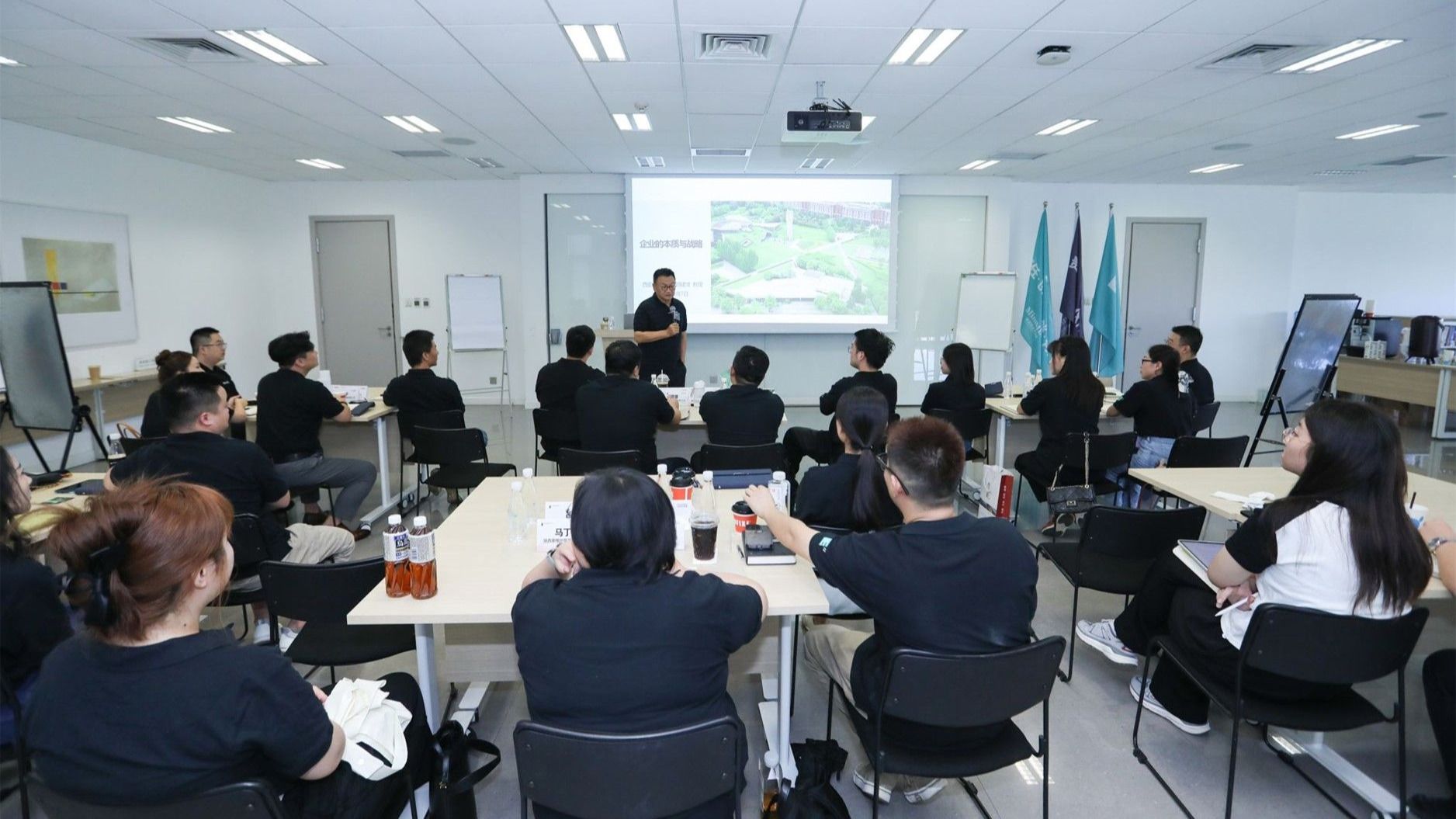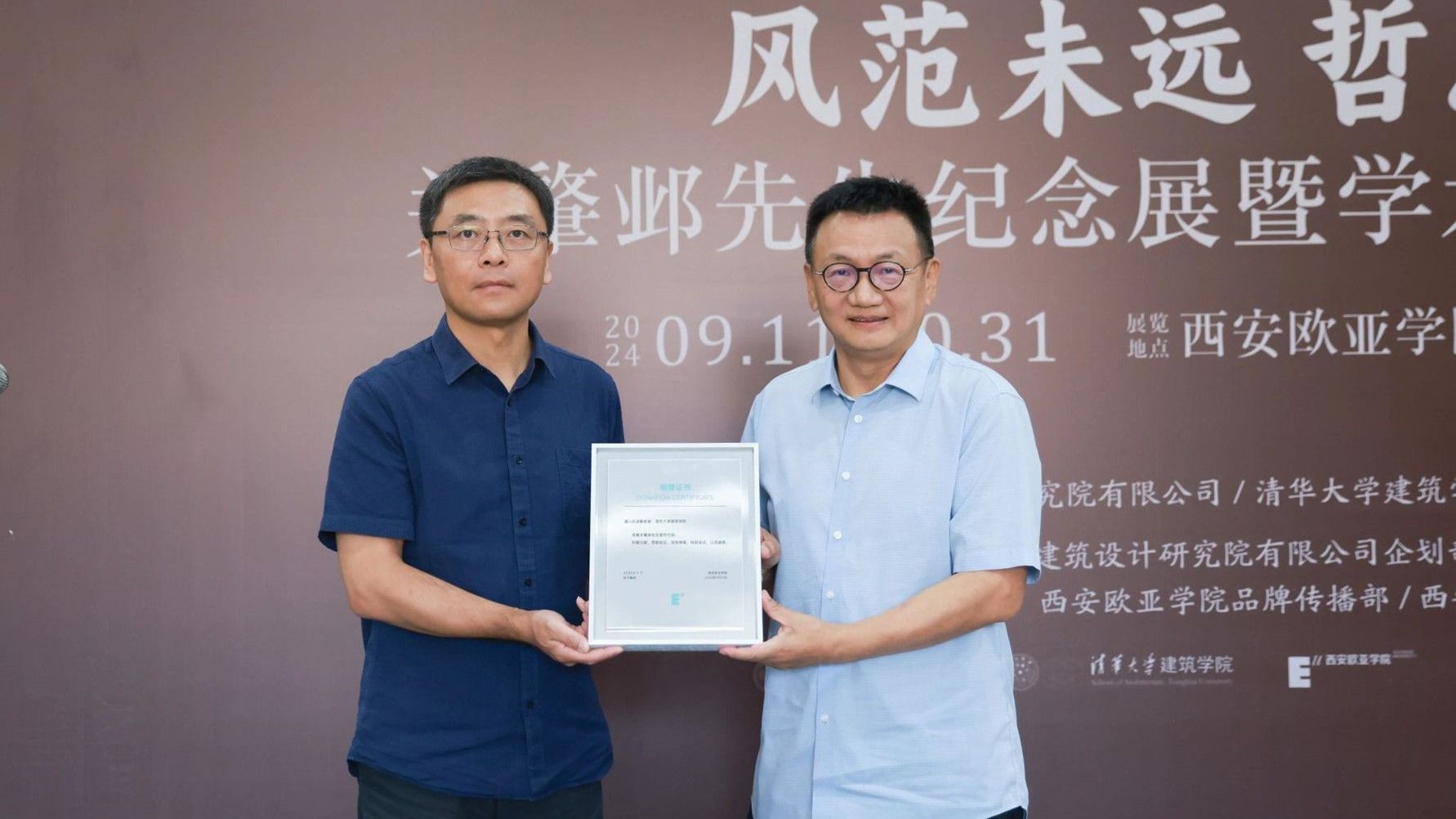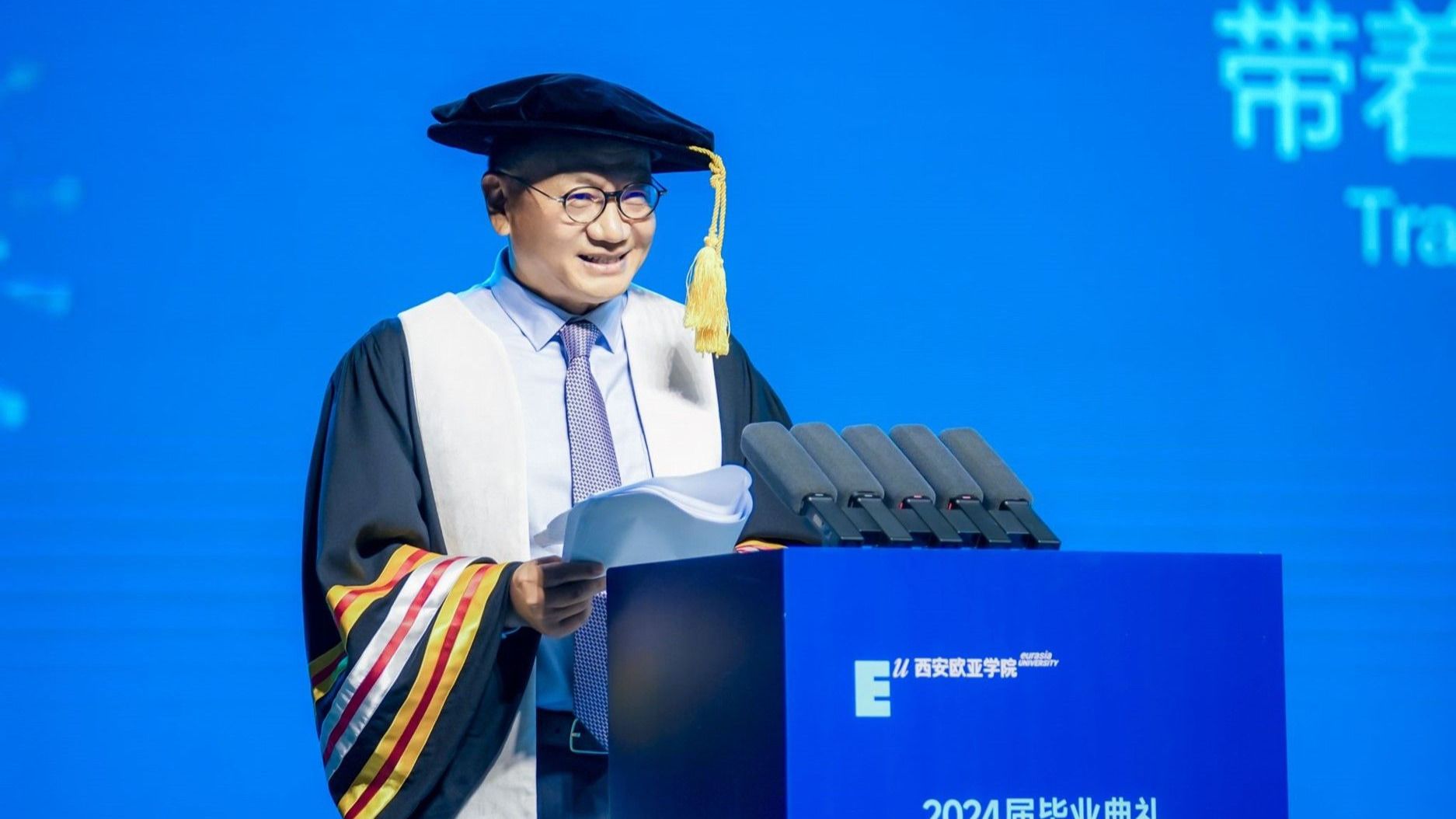Experts talking, mindset upgraded. Since its launch on July 20, the Second Session of Xi'an Eurasia University MiniMBA Alumni Enterprise Training Camp has featured lectures by Xi’an Eurasia University Chairman Hu Jianbo, former Chairman of Shaanxi Blower (Group) Co., Ltd., and several expert instructors. They have delivered in-depth courses for 27 alumni manager participants, covering topics such as the essence and strategy of enterprises, value enhancement, consultative marketing, and brand building and innovation.
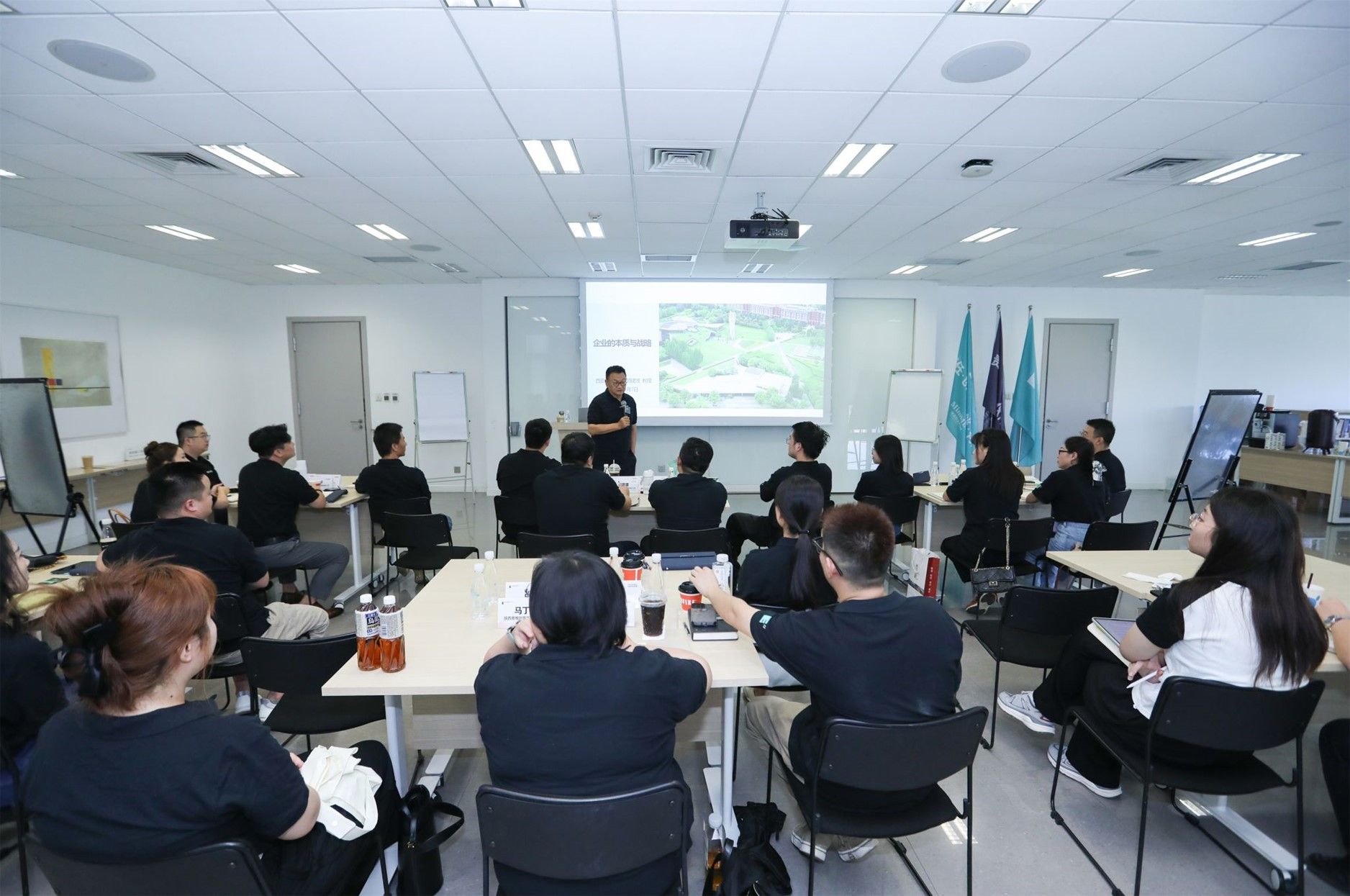
In a complex and ever-changing market environment, business leaders must assess the situation, make decisive choices, and focus on the most important tasks to break through and succeed amidst turbulent conditions. The strategy is about focusing on the key challenges in a company’s development and mastering the art of "knowing what to pursue and what to avoid" in business management. After incorporating feedback from the first cohort, the Training Camp conducted a pre-course needs assessment for the second cohort, continuously refining the course structure and content. This deepened the focus on business development themes, providing alumni with a higher-quality, more valuable, and rewarding learning experience.
Adhering to the principle of contribution, benefiting others and achieving self.
Discussion on entrepreneurial thinking with Chairman Hu Jianbo.
Do startups need to develop a strategy? How to formulate it? How to quickly adapt to market changes and find an accurate positioning?
How can businesses break through the red ocean and discover their blue ocean? How to ensure the proper implementation of strategies? On the afternoon of September 7, Hu Jianbo, Chairman of Xi'an Eurasia University, analyzed the essence and strategy of enterprise for alumni participants.

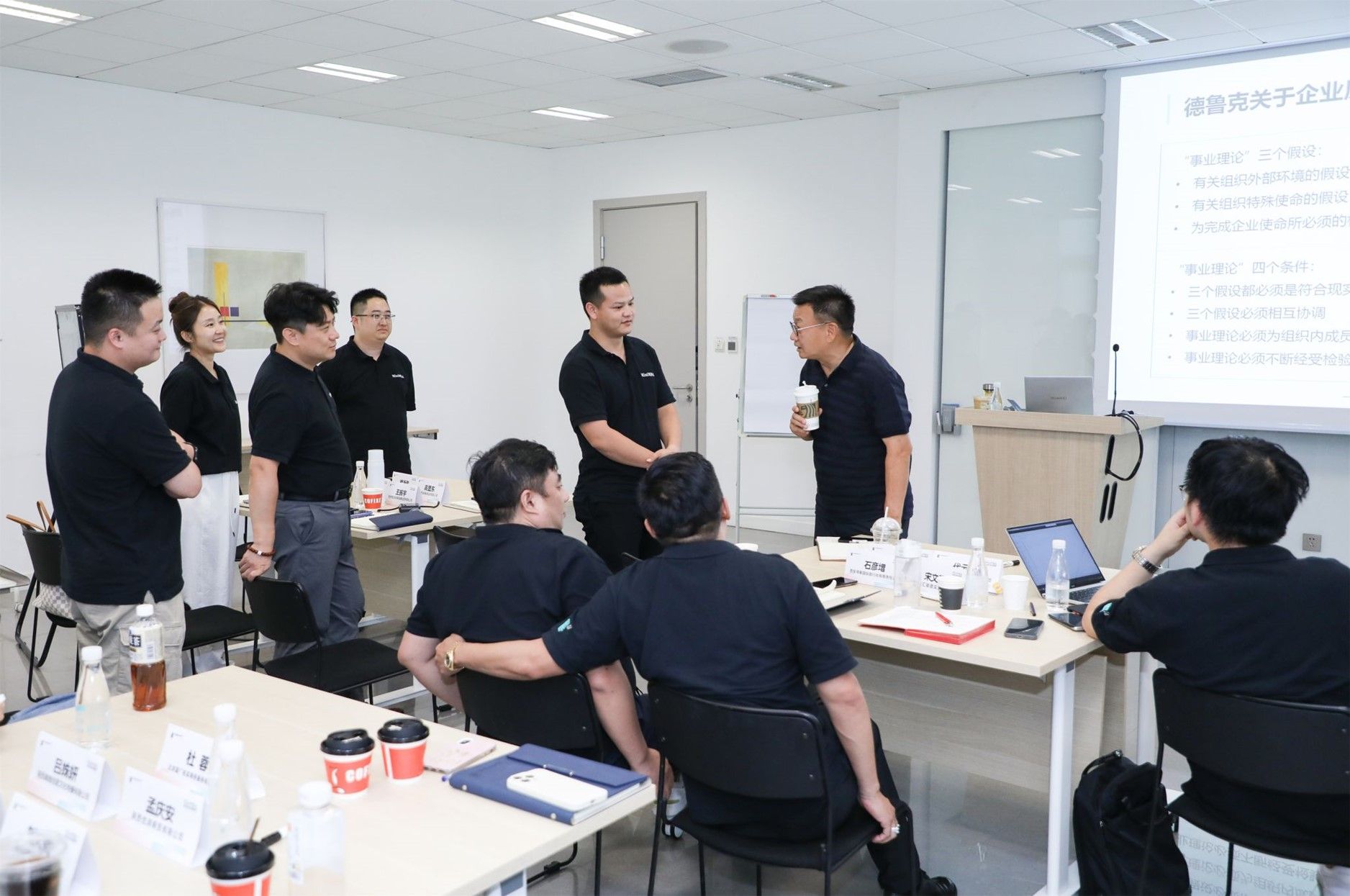
Using the Hua & Hua methodology and the principles of management guru Peter F.Drucker, he introduced the concept of a company's top-level design—mission, vision, and values—showing how these three elements are interlinked and indispensable. He also explored methods for enhancing a company's core competitiveness through case studies of well-known enterprises. Taking Xi'an Eurasia University as an example, Hu Jianbo shared key case tasks and the strategy-oriented performance transforming system, taught participants metaphysical strategic thinking in a more intuitive way, and also shared entrepreneurship and innovation methods. Focusing on the value contribution, Hu Jianbo pointed out that if one wants to do a good job, he must first improve his inner thoughts and then integrate them into practice, so as to achieve and serve the tangible society with intangible mission energy.
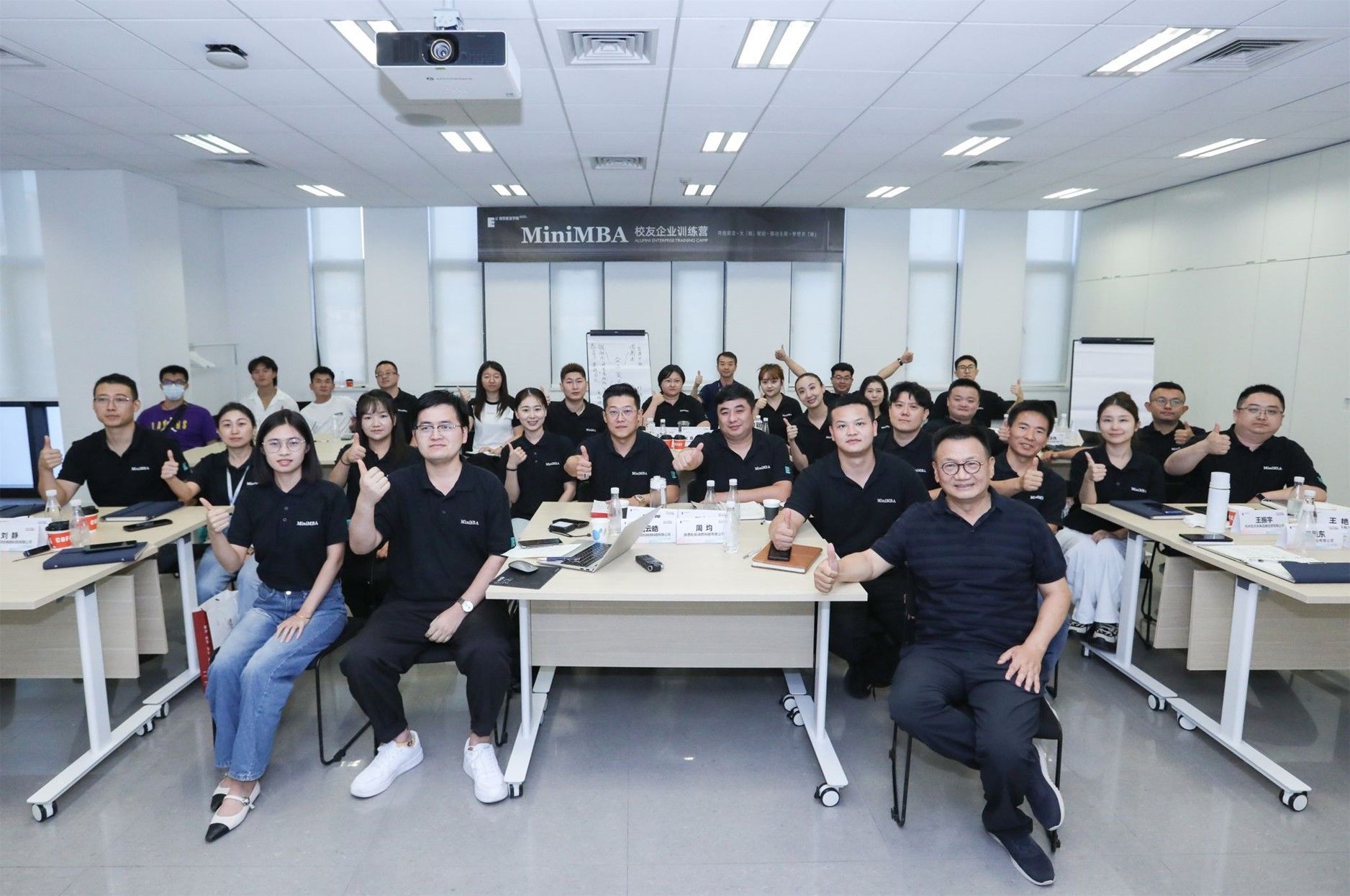
The alumni participant and General Manager of Shaanxi Yiyao Exhibition Co., Ltd., Wang Yan, realized that "Strategy is a prediction of the future. It may not always succeed, but it increases the ability to achieve unexpected results. It is always about adjusting as you go, fighting to sustain the battle. At the same time, a company must always adhere to the principle of contribution. As a service-oriented enterprise, it must be customer-demand-driven. In an industry where competition is fierce, thinking about what the customer wants, addressing their urgent needs, and truly embracing an altruistic approach will naturally lead to success for the company."
Give a man a fish or teach a man to fish?
See how Shaanxi Blower Group focuses on key areas to achieve value chain reconstruction.
On July 20th, Professor Yin Jian'an, former Secretary of the Party Committee and Chairman of Shaanxi Blower (Group) Co., Ltd., and a national labor model, was invited to launch the second session of the Alumni Enterprise Training Camp. His lecture was titled Focusing on the Essential Needs of Customers and Continuous Transformation—Thoughts and Practices on Corporate Strategy.
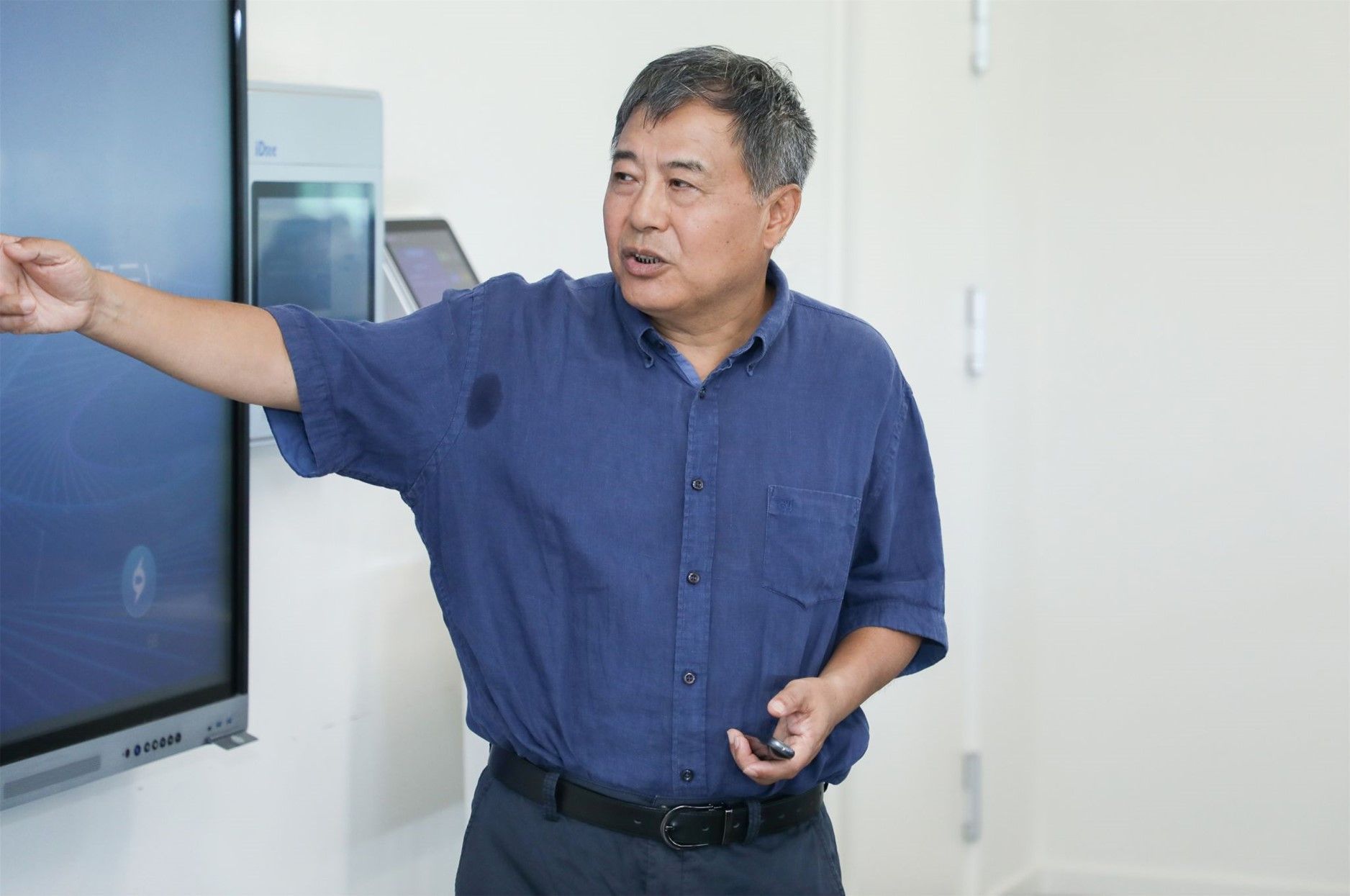
As a traditional turbine machinery manufacturer, Shaanxi Blower Group began its transformation into a service-oriented manufacturing industry as early as 2001. Yin Jian'an reviewed the industrial upgrading of China's manufacturing industry based on the line of "give a man a fish or teach a man to fish" in combination with Shaanxi Blower Group's exploration and practice of transformation. Yin Jian'an said that the so-called service-oriented manufacturing is a restructuring of the enterprise management value chain based on market orientation. Through the collaboration cases between Shaanxi Blower Group and advanced enterprises such as IBM and MAN Turbo, he demonstrated how Shaanxi Blower Group has explored its development direction by "following the path of global leading companies."
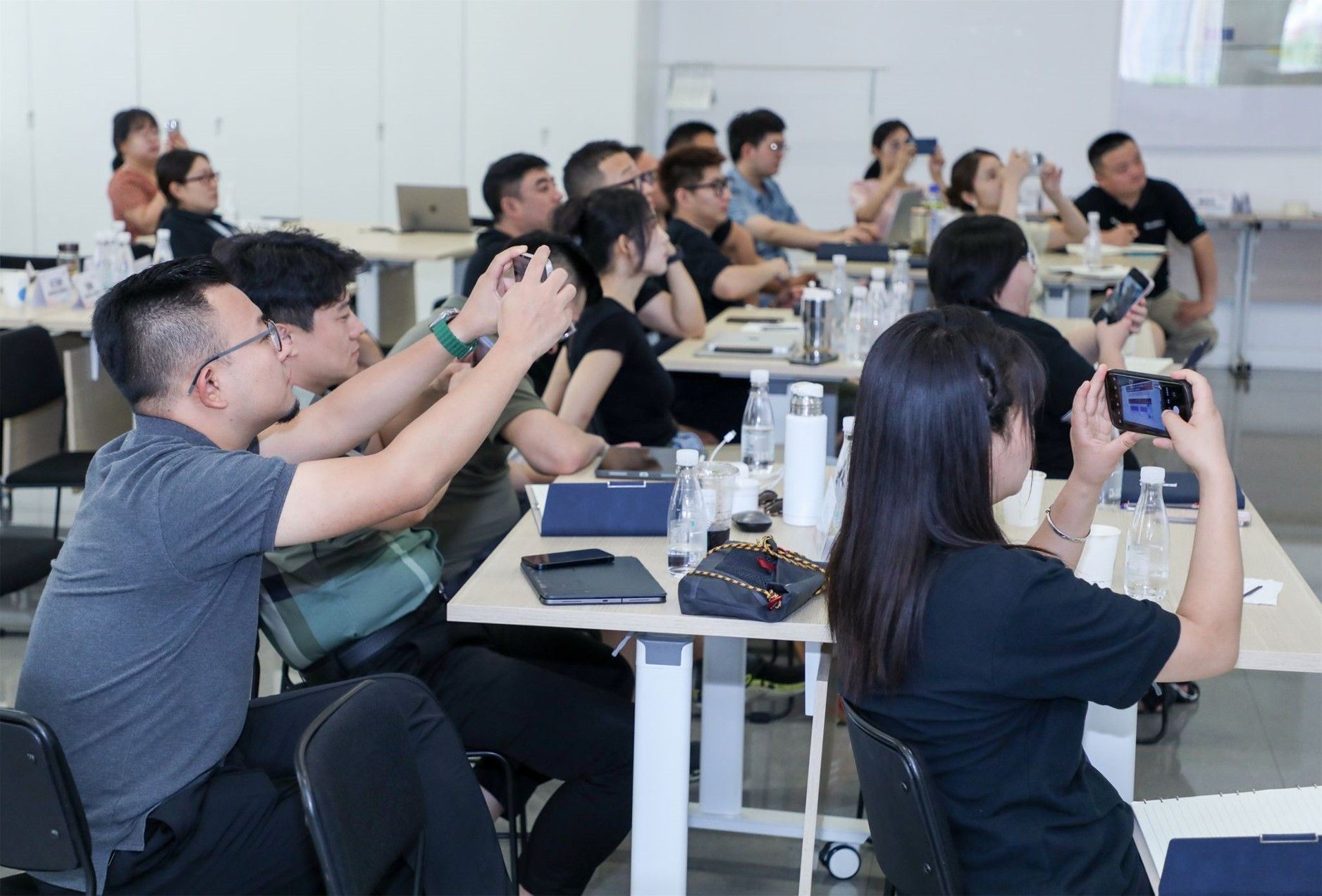
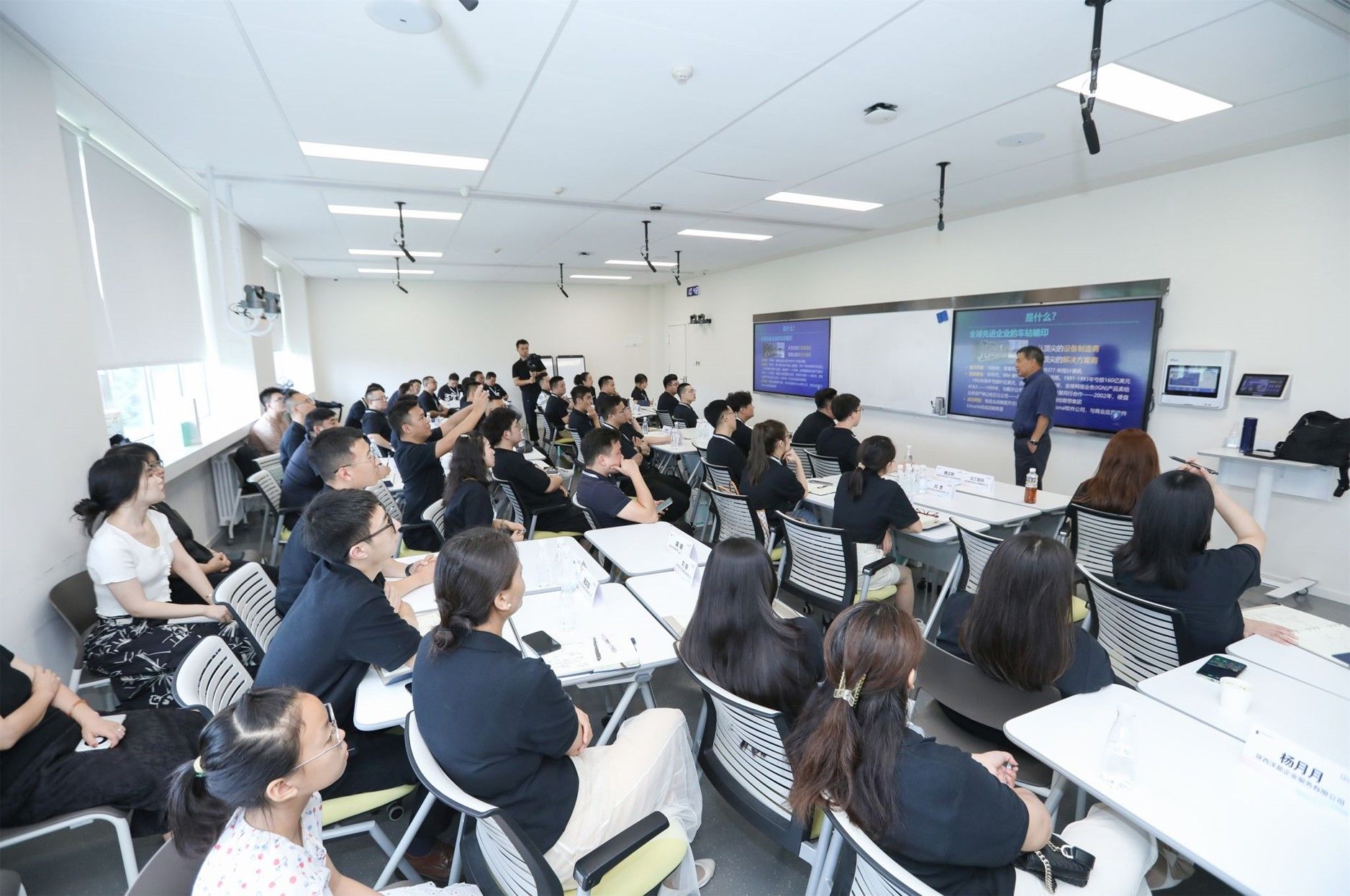
From the perspectives of "customer needs" and "business operations," the Group has restructured and analyzed its business process value chain. Based on this, the company has made strategic decisions on "what to engage in and what to avoid." Among them, "to avoid" refers to simplifying by eliminating non-core elements of the value chain, discarding those that do not meet customer needs, and instead collaborating with more specialized social resources to complete those tasks. Yan Jian'an emphasized that "to avoid" does not mean "inaction." Rather, it is about enabling the company to focus more on customer needs and the development of core competencies, which is the essence of "engage in." It is in this way that the Group has made efforts and explorations in top-level market planning, industrial services, value chain restructuring, and enterprise gene transformation. Currently, the Group has transformed into a company that provides smart, green energy system solutions for its customers.
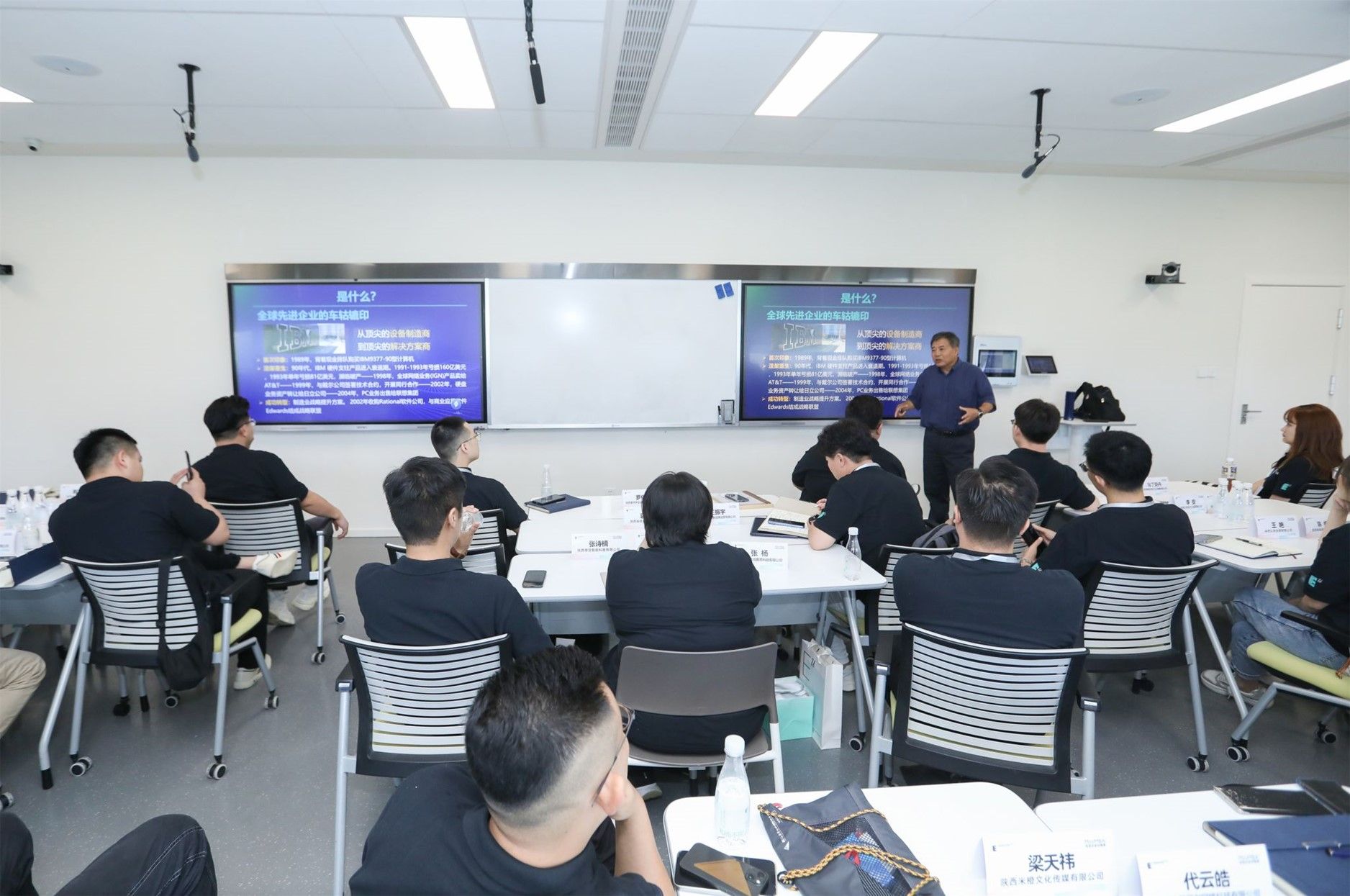
Innovate cash flow management to drive corporate value enhancement.
Learn and master the key to enterprise management from the CFO of Shaanxi Blower Group.
On the morning of September 7, Professor Bian Fuqu, former CFO of the Group, delivered a presentation titled Innovate Cash Flow Management to Enhance Corporate Value. Professor Bian Fuqu focused on three key objectives of cash flow management, four major reconstructions, and pathways implementation, providing the participants with valuable insights. By analyzing business cases and combining them with the development, practices, outcomes, and shortcomings of the Group's cash flow management, she addressed how companies can independently establish a robust cash flow management system and risk control framework. She emphasized that businesses should focus on what to engage in and what to avoid, and highlighted the need for companies to pay more attention to investment efficiency in their operations, ensuring that their business decisions are more effective and feasible.
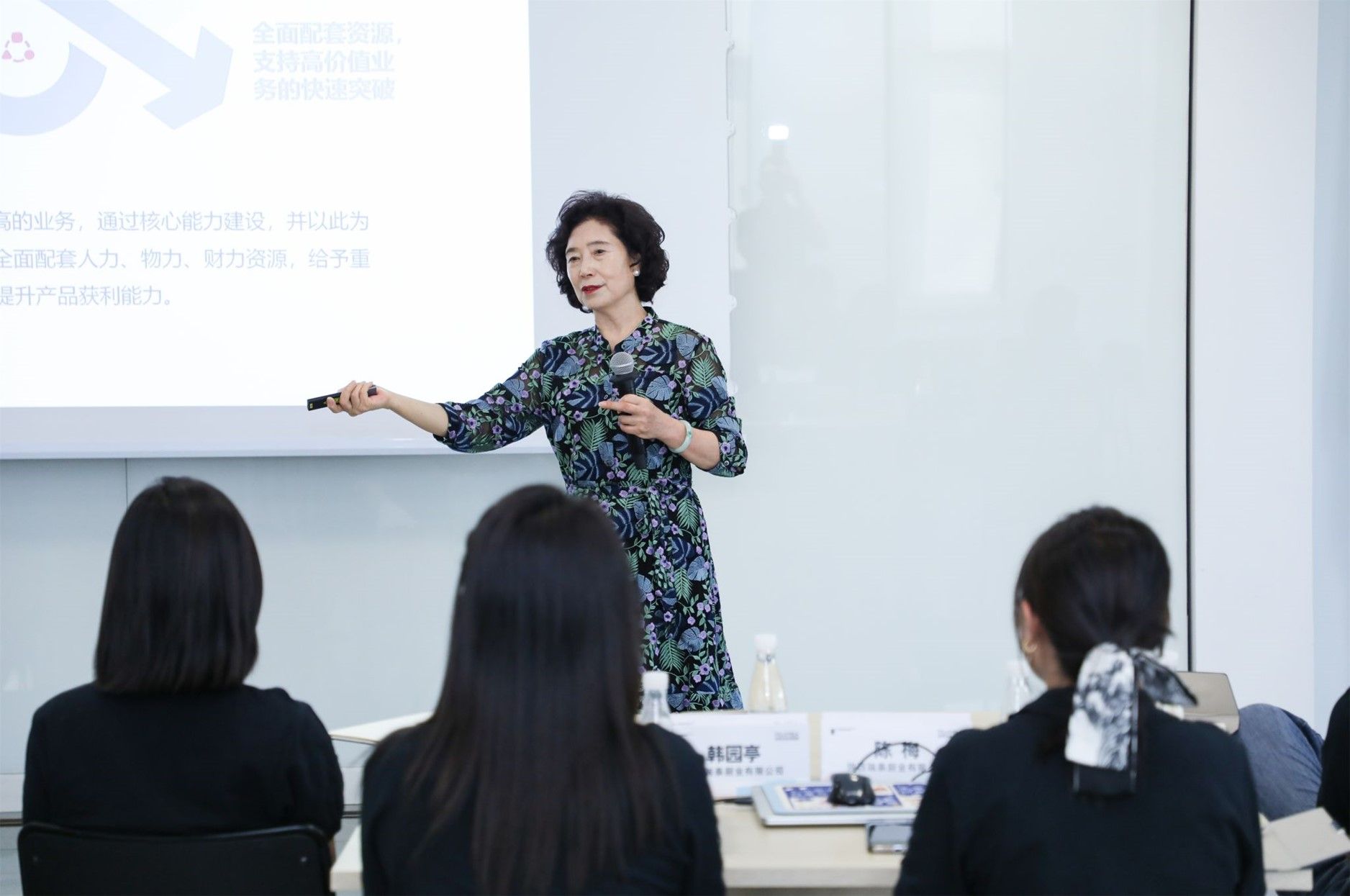
How to bring higher customer value and market share for enterprises?
Explore the "consultative marketing" that focuses on long-term relationships.
How to bring higher customer value and market share for enterprises? On the morning of August 25, Chen Zhe, Assistant to the Dean of the School of Business Administration of Xi'an Eurasia University, delivered a course titled Consultative Marketing Skills and Methods, which opened up new perspectives for participants. This marketing approach emphasizes customer-centricity, providing professional solutions and recommendations to customers through a deep understanding of their needs and problems. Consultative sales professionals must possess extensive industry knowledge and expertise, enabling them to build strong trust-based relationships with clients. They excel at listening to clients' needs and using effective communication skills and analytical abilities, to tailor personalized marketing solutions for them. Moreover, consultative selling focuses not only on the sale of products or services but also on building long-term partnerships with clients. By providing value-added services and continuous value creation, it enhances customer satisfaction and loyalty, helping businesses achieve breakthroughs in customer value and market share.
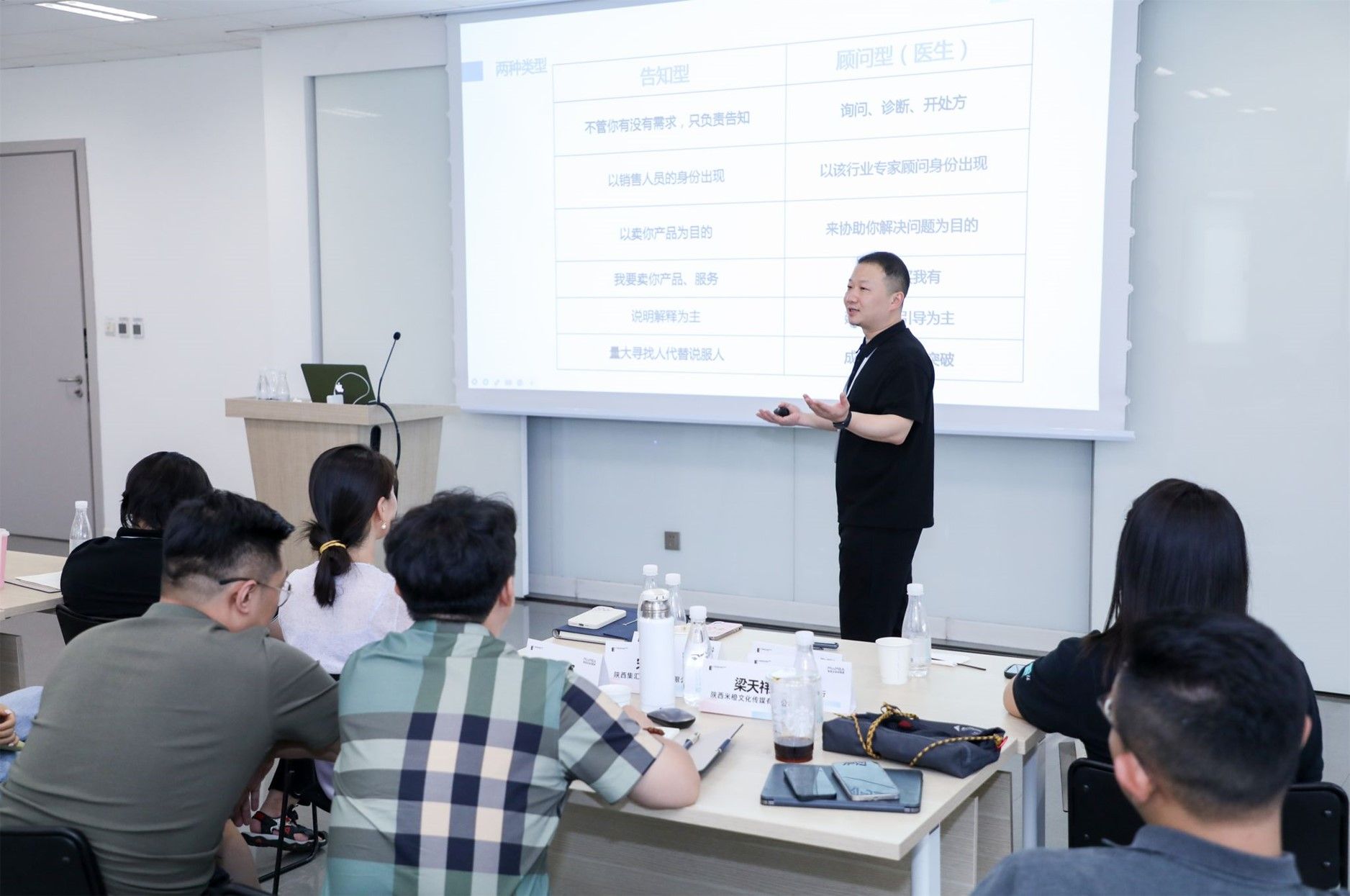
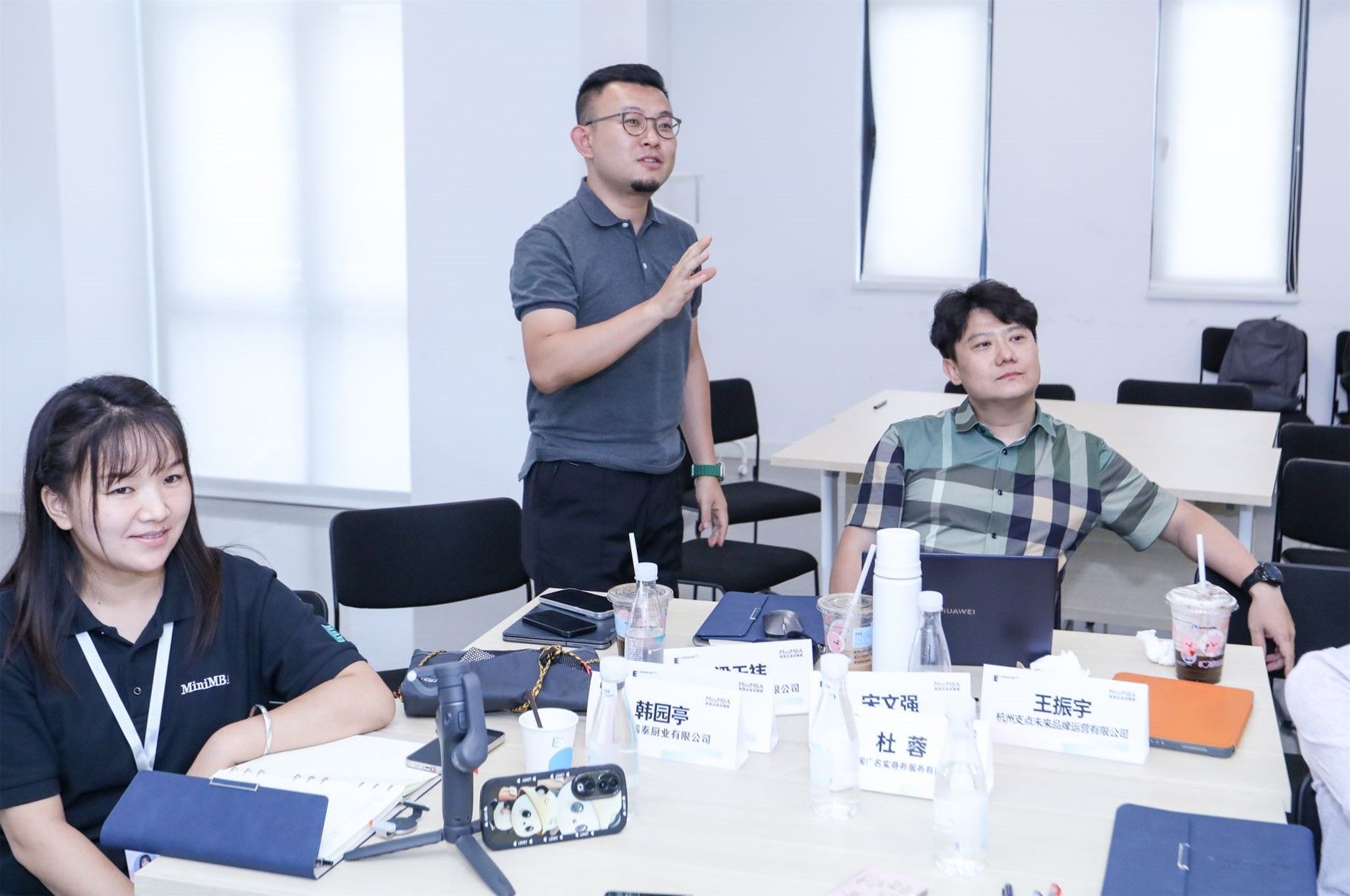
How can one master the tools to create greater value for a business?
Focus on data science in business applications.
Data science in business applications is playing an increasingly important role, helping enterprises mine valuable information and insights from massive amounts of data to provide a scientific basis for decision-making. On the afternoon of August 25, through the lecture Data Science in Business Applications by Wu Rui, Executive Dean of the School of Business Administration, participants learned that by leveraging data analysis techniques, businesses can gain insights into market trends, customer behavior, and product performance. This enables the optimization of operational processes, the development of precise marketing strategies, and improvements in product quality and service levels. Furthermore, data science requires a solid foundation in mathematics, statistics, and computer science, along with skills in data analysis and mining. It can lead to more efficient operations, more accurate decision-making, and a stronger competitive edge for businesses.
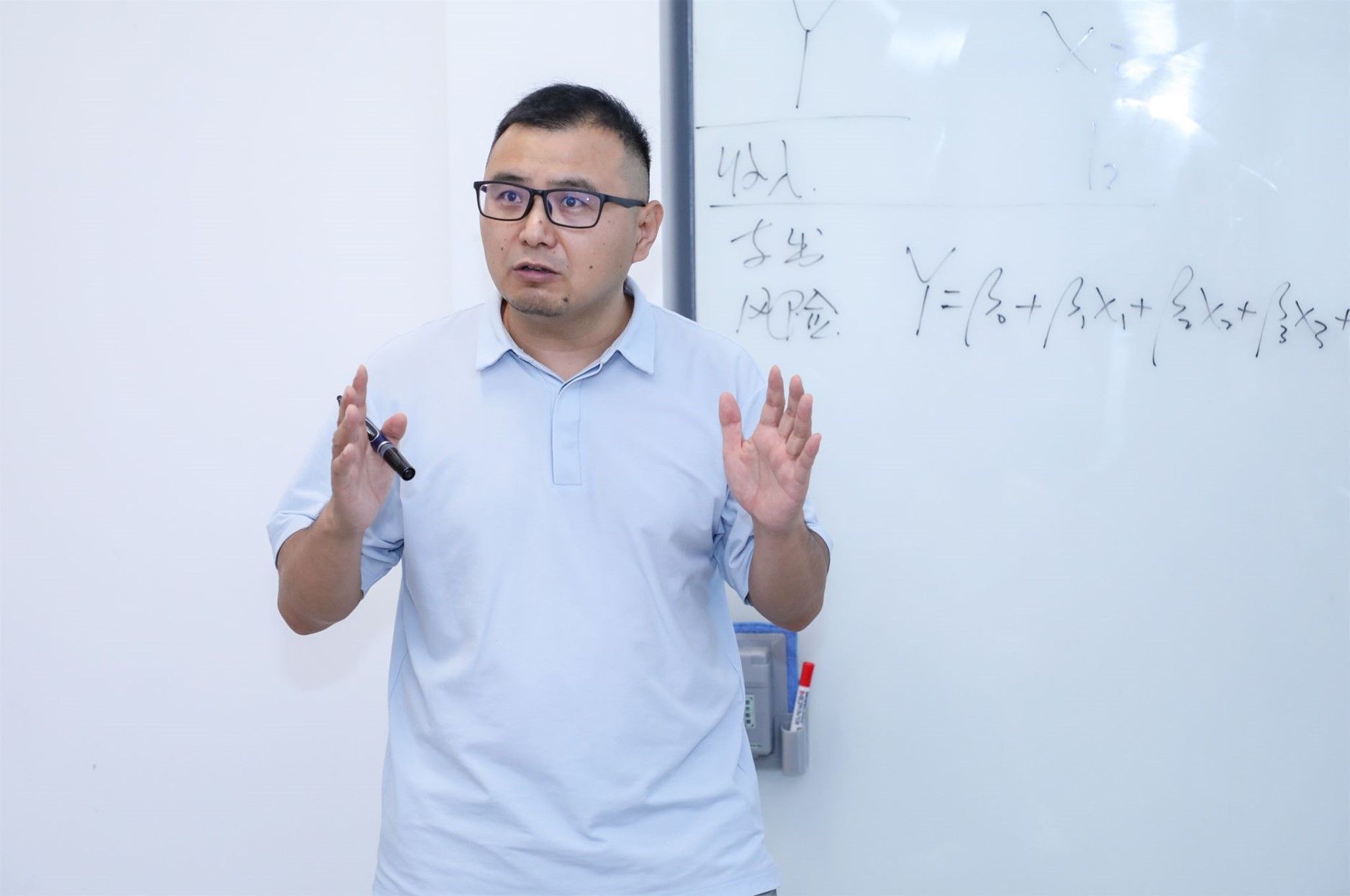
The key to securing a unique position in the minds of consumers —
adhere to brand building and innovation.
On the morning of August 24, Suo Qiang, a teacher from the School of Business Administration at Xi’an Eurasia University shared insights on brand building and innovation. He helped participants understand that successful brand development can establish deep cognitive and emotional connections with consumers, fostering trust and loyalty towards the brand. Brand building is a long-term and continuous endeavor, wh
ich needs to keep pace with the changes in the market and the evolution of consumer demand. Brand innovation can be reflected in various areas, including product, service, marketing, and business model. It encourages businesses to break away from traditional thinking, embrace new ideas and methods, take risks, learn from mistakes, and continuously innovate.
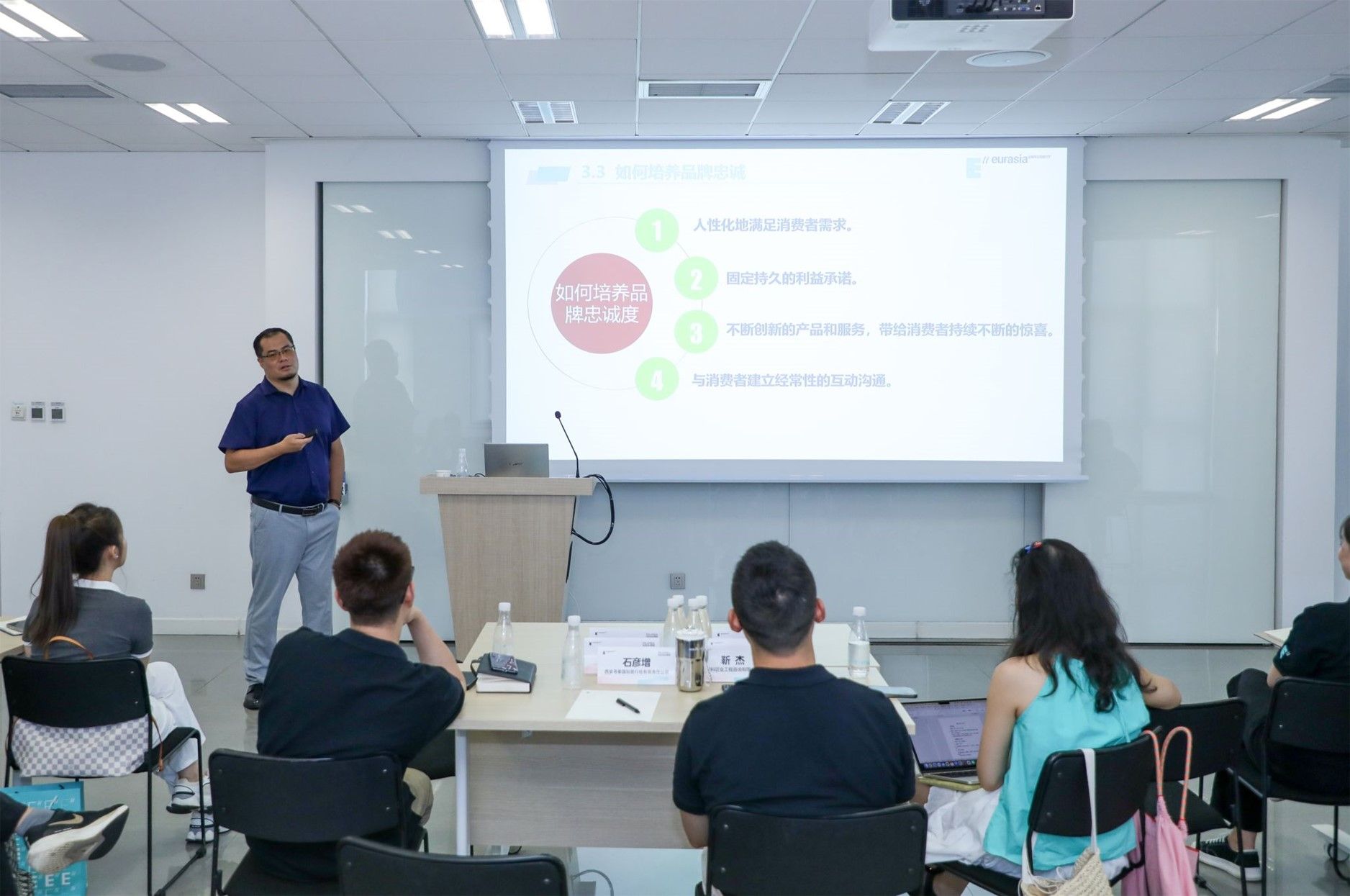
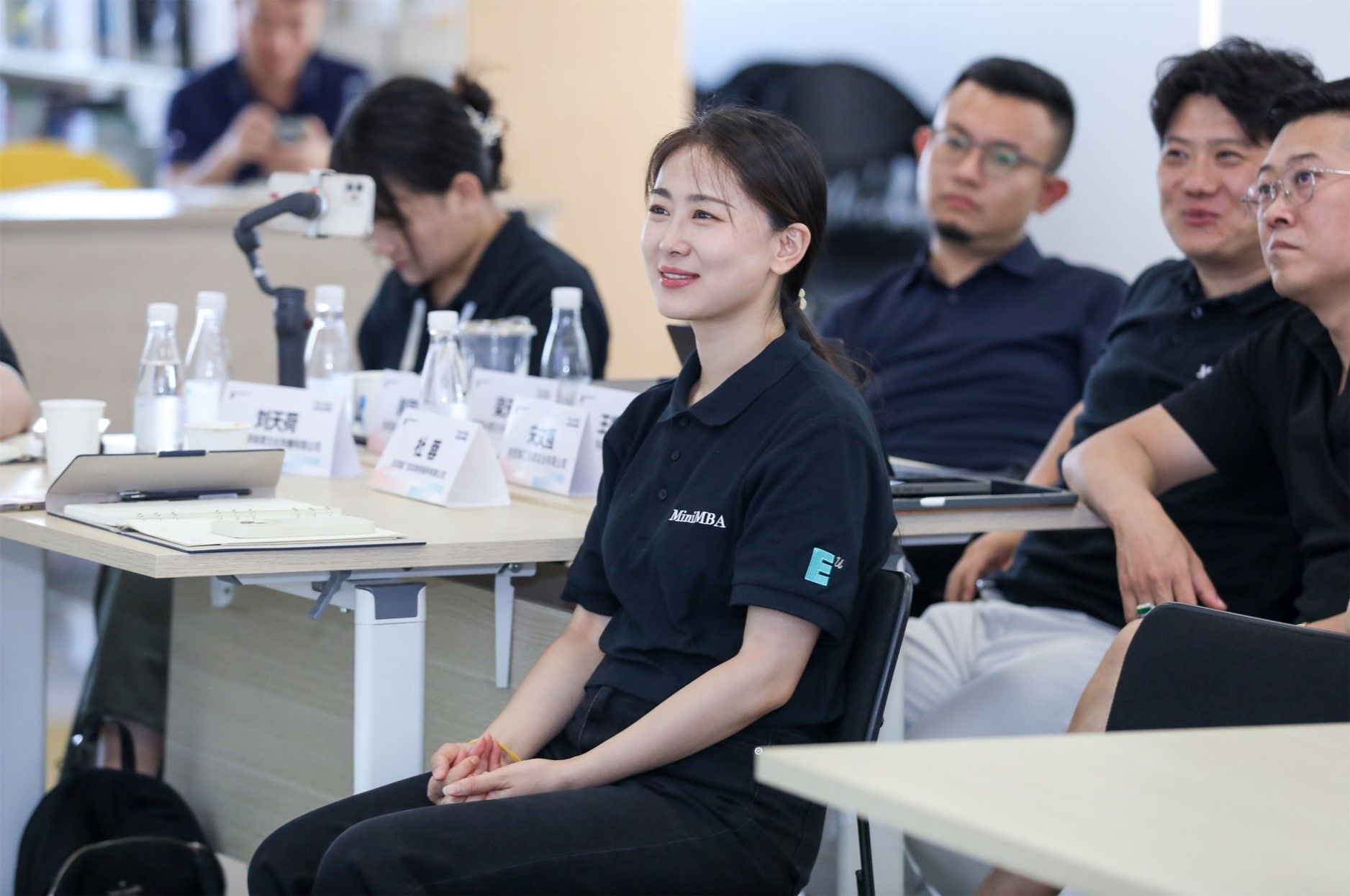
How do enterprises achieve high-quality development?
Explore innovation management in the era of change.
In a rapidly changing environment, businesses need to manage the innovation process to ensure that innovations are successfully implemented and achieve the desired results. On the afternoon of August 24, teachers Chen Weijing and Ma Jun from the School of Business Administration at Xi'an Eurasia University shared specific practices for innovation management in the era of transformation. These included formulating innovation strategies, integrating innovation resources, building and motivating innovation teams, optimizing innovation processes, and evaluating and promoting innovation outcomes. They emphasized the need to establish an open and inclusive innovation culture, create an environment conducive to innovation, and highlight the importance of the flexibility to quickly adjust strategies and resources to adapt to new market conditions and technological trends.
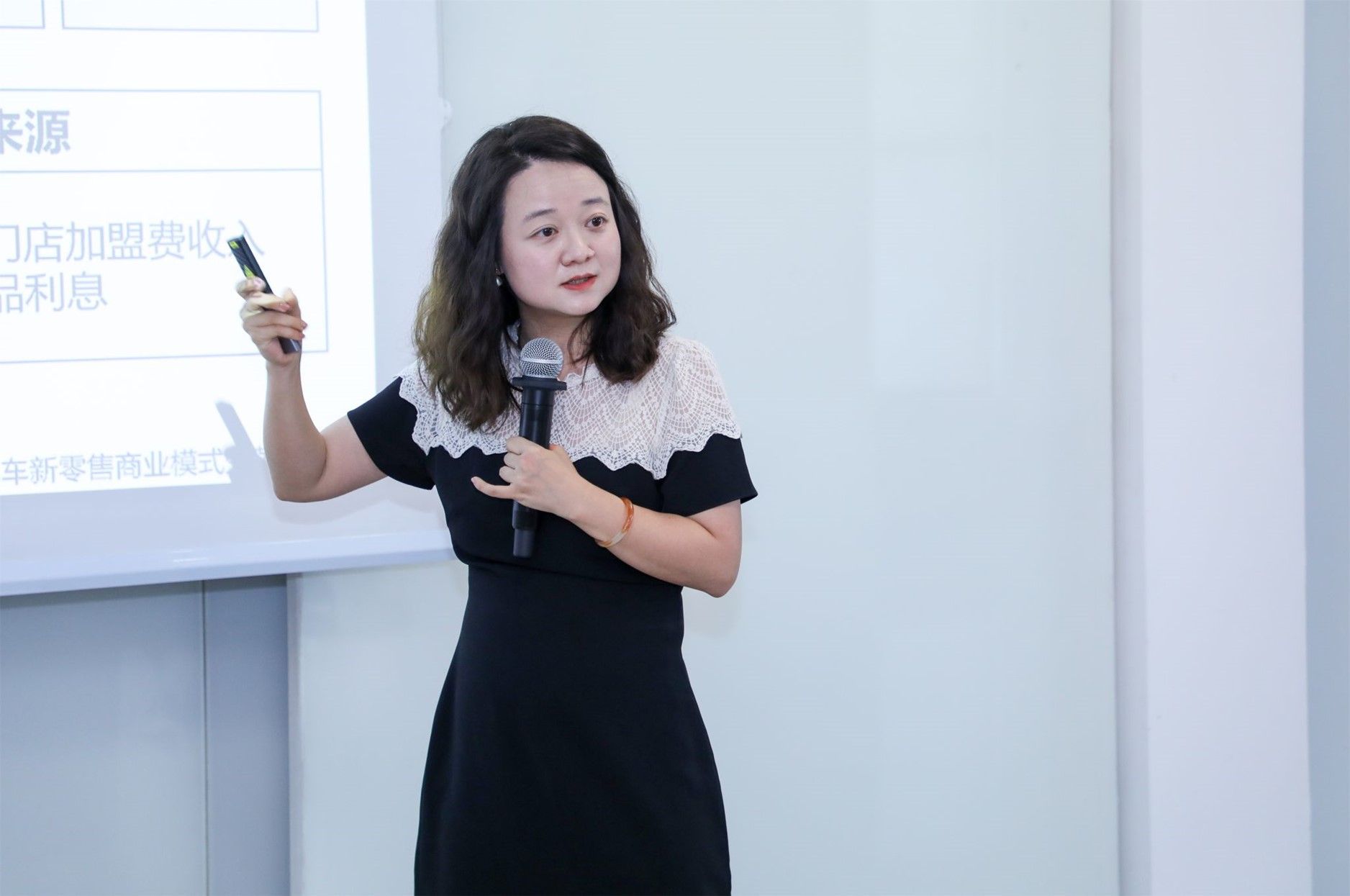
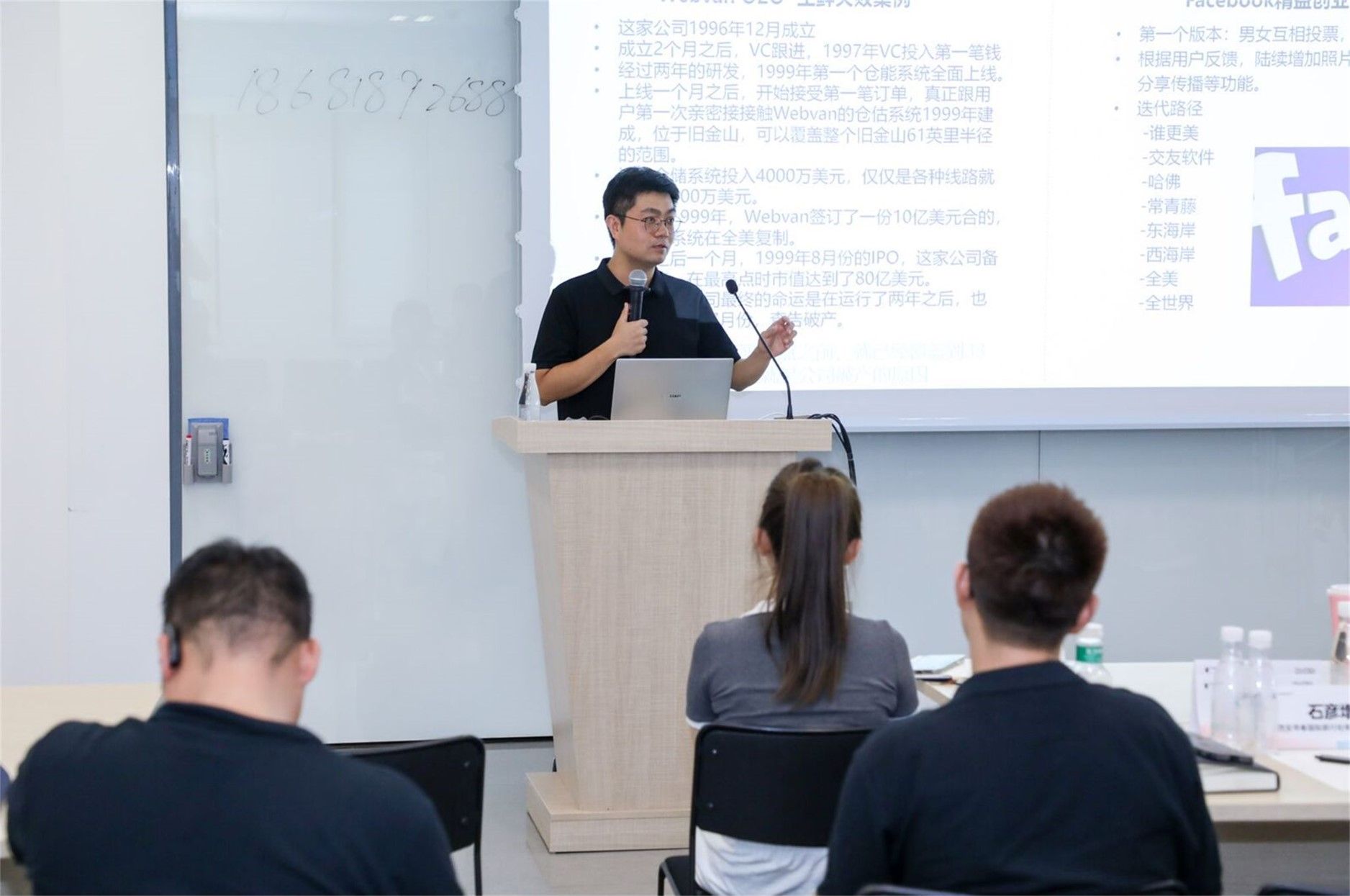
Unlock business intelligence and create future leaders.
The first session of the Alumni Enterprise Training Camp closes.
The rich course content and exchanges in the first session of the MiniMBA Alumni Enterprise Training Camp provided alumni with systematic business management knowledge and practical skills. They strengthened their theoretical foundation in business management and cultivated their ability to solve real-world problems. At the same time, alumni will give back to their alma mater through various means, such as sharing experiences, participating in lectures, recruitment, career guidance, and charitable donations. In the first session, Xia Weiwei and his wife donated 1 million yuan to their alma mater to support its construction and development.
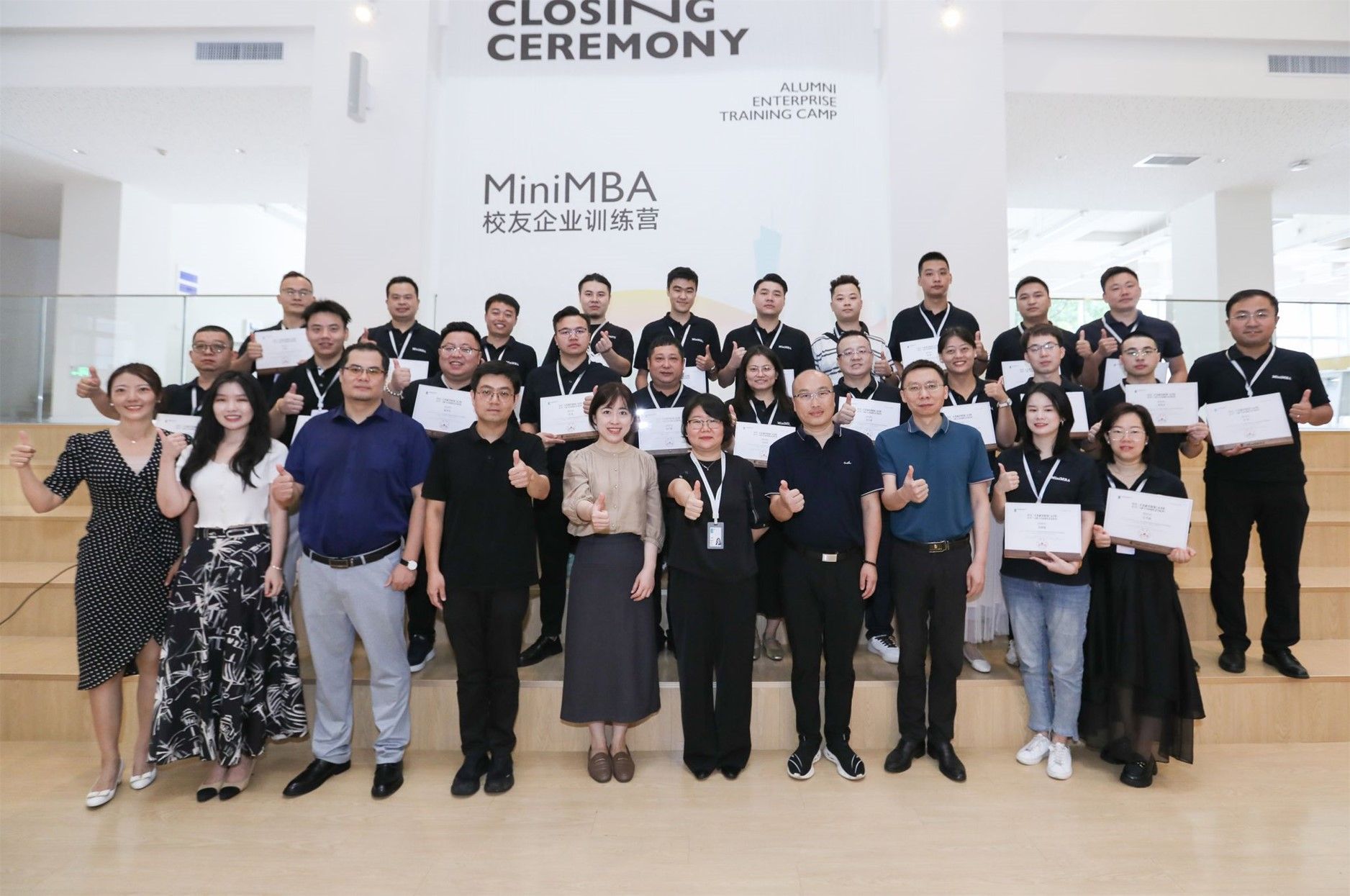
(Fig. 17) Group photo of participants and teachers after the first session of the MiniMBA Alumni Enterprise Training Camp
During their MBA studies, alumni participants also forged deep friendships with each other and strong bonds with their instructors, forming a close-knit collaborative network. They jointly promote the development of their respective undertakings through resource sharing, project cooperation, and other means. Through the study of the MiniMBA alumni training camp, alumni managers have established close and far-reaching relationships with their classmates and alma mater. This relationship is not only reflected in the inheritance of academic knowledge but also shows its unique value in many aspects such as career development, resource sharing, and network construction.
Over 150,000 alumni.
Realize marginal expansion and symbiosis of forces inside and outside the school in inheritance.
The Alumni Association of Xi'an Eurasia University has provided a platform for exchanges and cooperation among more than 150,000 alumni through the MiniMBA Alumni Training Camp. At the same time, the University also actively cooperates with alumni enterprises to jointly carry out scientific research projects and talent training, so as to promote close ties and in-depth cooperation between alumni and their alma mater.
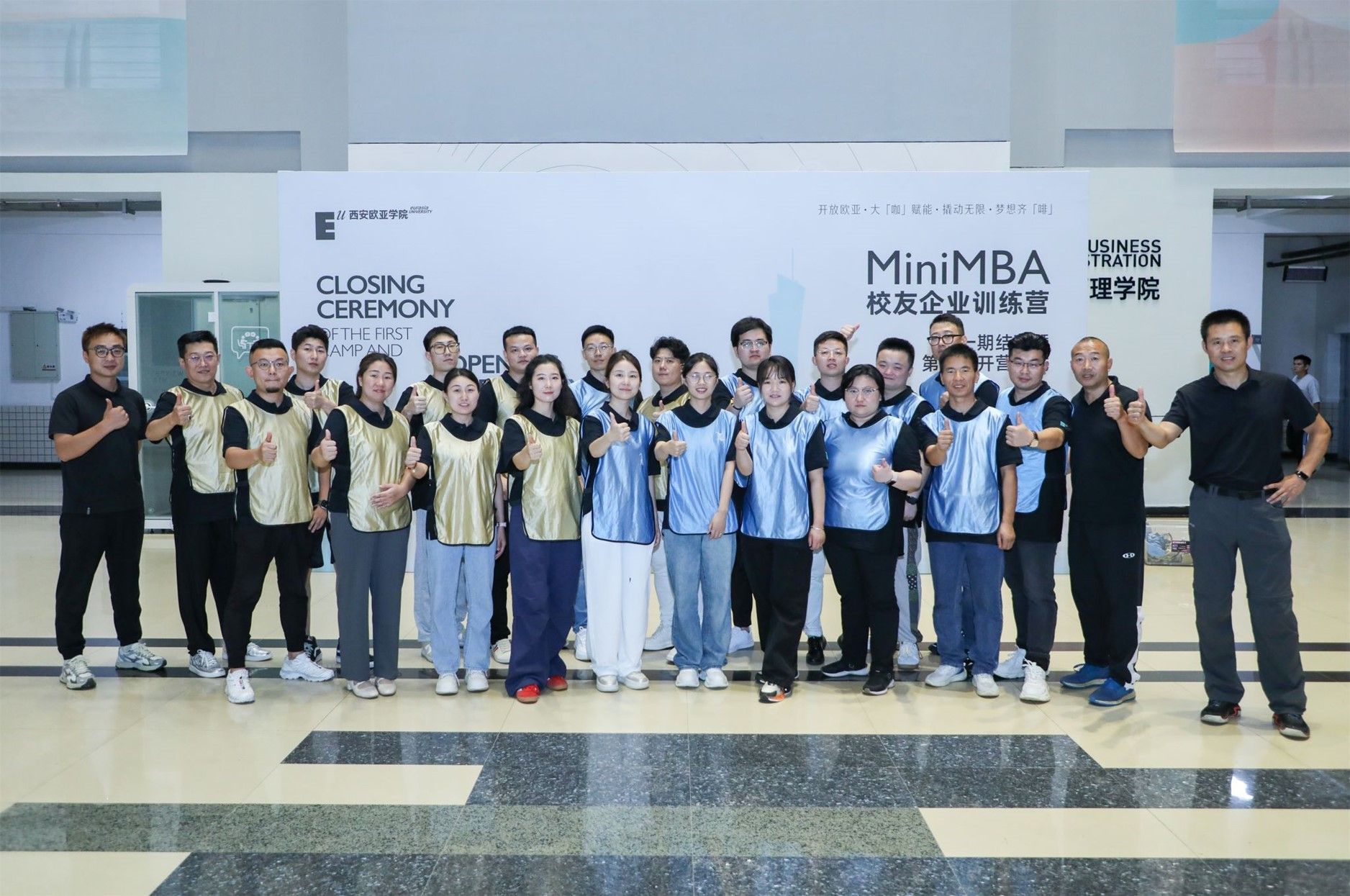
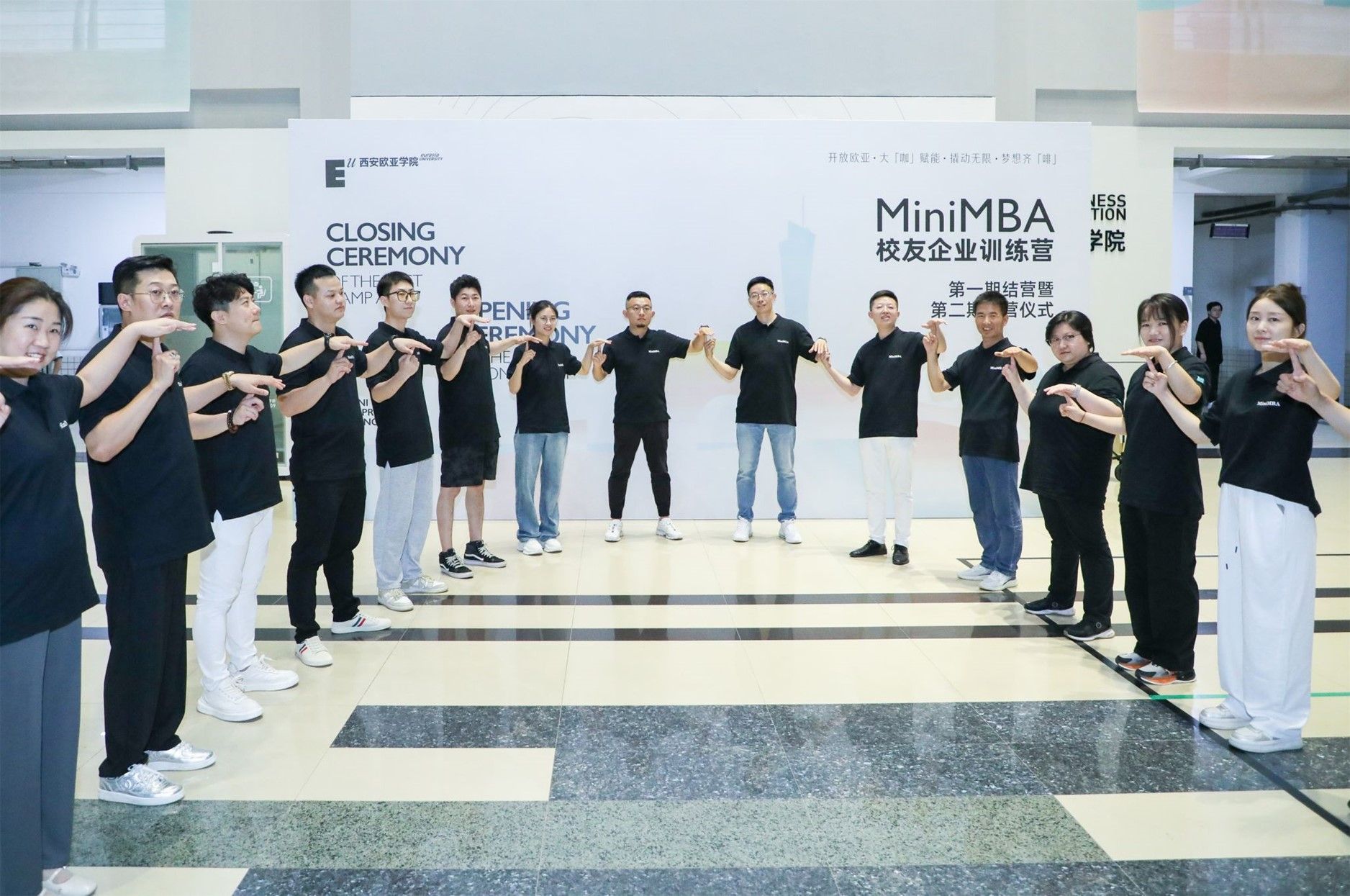
(Fig. 18 and 19) Ice-breaking activity for the second session of the MiniMBA Alumni Training Camp
Through MBA studies, alumni have established multidimensional and multilayered close connections with the school. This connection is not only conducive to the professional development and personal growth of alumni, but also helps the school improve the quality of teaching and overall influence, and realize long-term cooperation and mutual support between alumni and the school. It is not just a developmental relationship, but a strategic partnership of mutual progress, reflecting the recognition of each other's achievements. It also echoes the familiar slogan of Xi'an Eurasia University — "Start here Go anywhere."
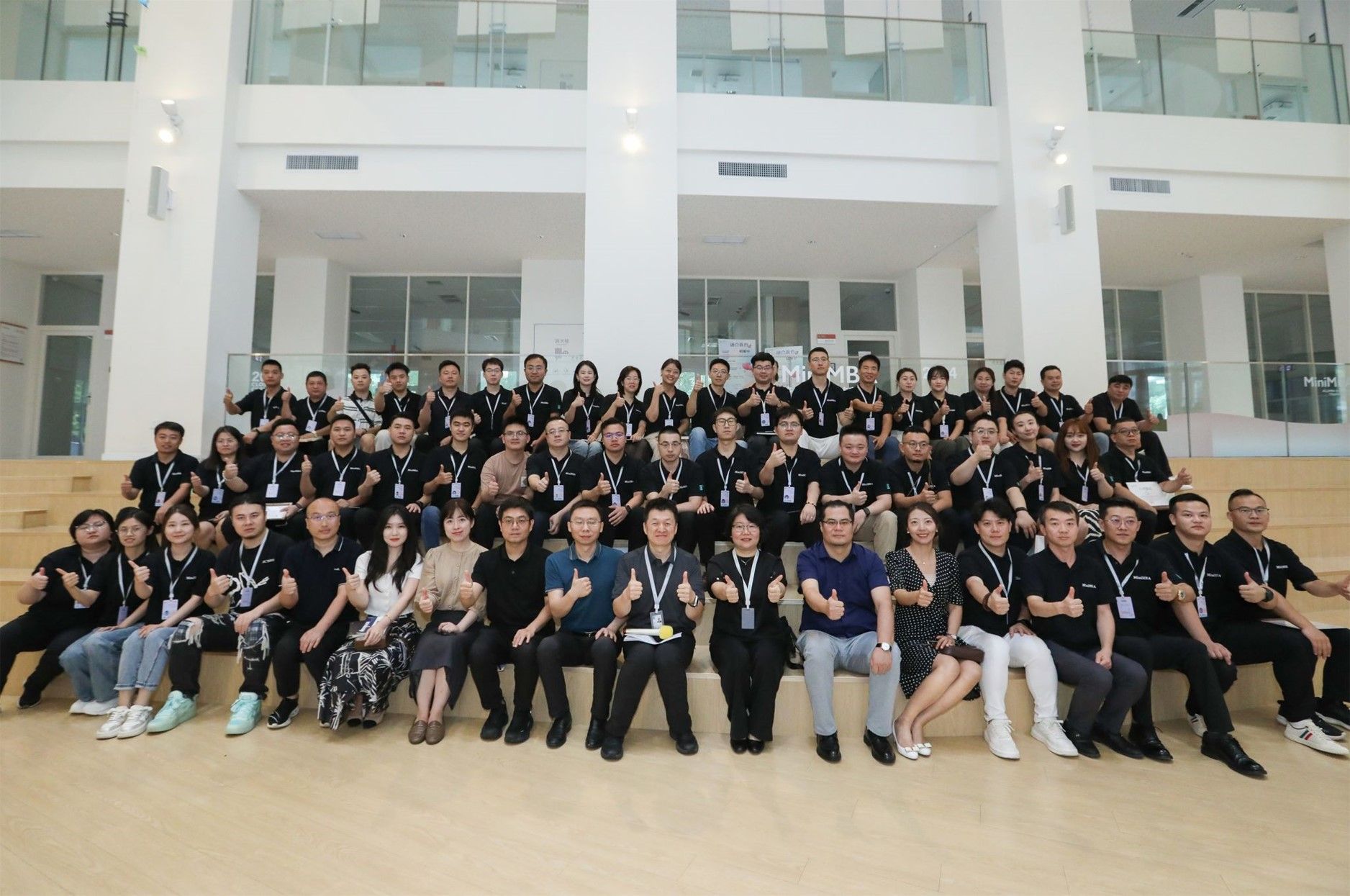
(Fig. 20) Group photo of participants in MiniMBA Alumni Training Camp
(Contributed by Alumni Association)


